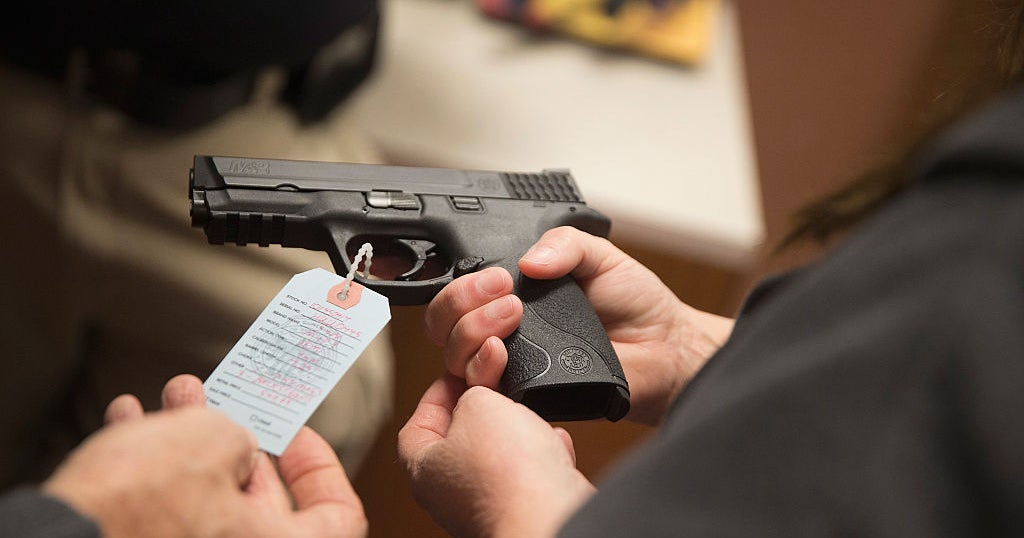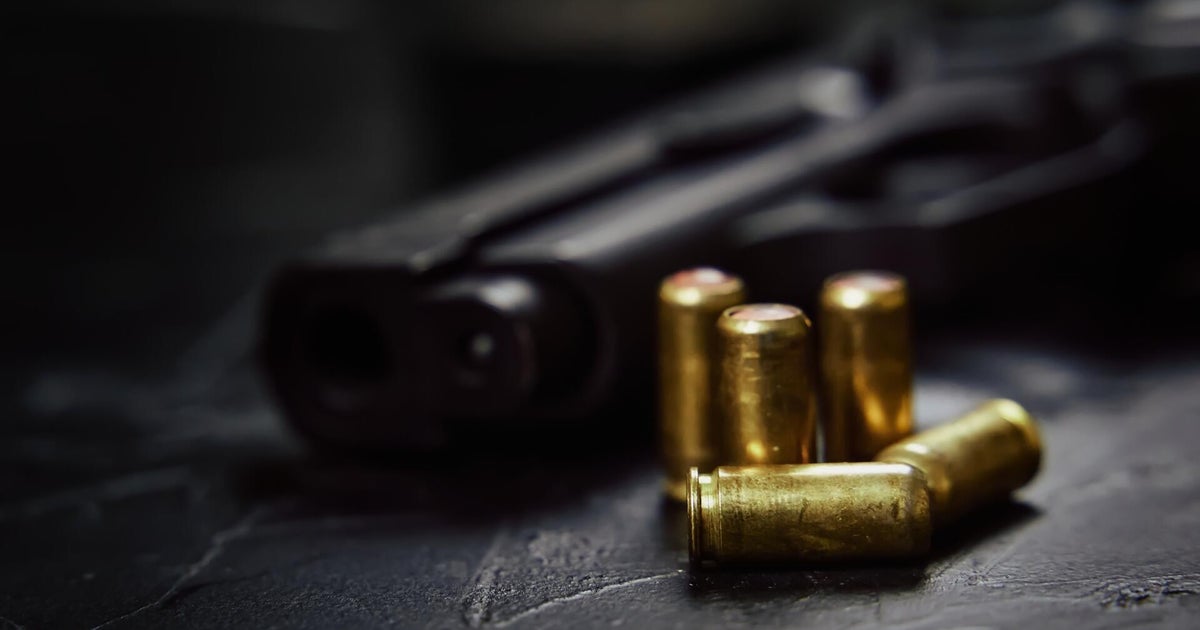Gun Law Seldom Enforced In Texas Leaves Weapons In Hands Of Abusers
DALLAS (CBS11 I-TEAM) – As the Florida school shooting intensified the gun debate across the country, widespread failure to enforce an existing gun law in Texas remains, even though it's supported by both sides of the debate.
Federal law prohibits domestic abusers who are subject to a protective order from have a gun.
Efforts in North Texas to have those abusers surrender their weapons have all but failed, often leaving those who sought protection in the cross hairs of their abusers.
In 2015, Dallas Judge Roberto Cañas helped the county launched a gun surrender program.
The way it is supposed to work is when a judge issues a protective order that judge also orders the abuser to turn in their guns.
By now, county officials had expected to have collected more than 2,000 firearms, but nearly three years into the program only 101 guns have been surrendered.
Cañas said he is frustrated that the program has been slow to catch on.
He said the problem is, with the exception of a handful of judges, almost no one is making sure guns are turned in.
Domestic violence survivor Kathleen Storm said had she had the confidence that a judge would have told her ex-husband to turn in his guns, she said she believes her life today would be drastically different.
After 25 years of abuse, Storm said she finally found the courage to tell her ex-husband she was leaving him.
She called him at work to tell him her decision but before she made it out of the door of their home, her ex-husband made it home first.
"I turn around and he's standing there," Storm said. "All I remember is turning my back and saying just please leave."
Her ex-husband then shot her twice in the back of the head before he turned the gun on himself.
"Next thing I know is I woke up in the hospital, ten days later from a coma, and my family had to tell me the story of what had happened that night," she said.
Years later, Storm still takes more than 30 medications a day due to complications from the brain injury she suffered when she was shot.
Storm shares her story in hopes others victims don't delay in seeking help and to advocate for better enforcement of laws that keep firearms out of the hands of abusers.
"I know there all these groups out there that say we need stricter gun laws," Storm said. "We have great gun laws. We need to start enforcing those gun laws."
The I-Team found several examples where the system failed to protect domestic violence victims who sought help in the form of a protection order.
In February 2013, a Dallas court issued a protective order on Tyrone Allen. By law he was no longer allowed to own a gun. Two months later, he shot his girlfriend killing her and her unborn baby.
In September 2016, Rodolfo Vargas should have surrendered his guns when a Tarrant County court slapped him with a protective order. Less than two months later, Vargas shot and killed his estranged wife as she was taking her daughter to school.
The most devastating example of an abuser who should not have owned a gun took place this past November in Sutherland Springs. Not only did the Air Force fail to submit Devin Kelley's criminal history that would have barred him from buying guns, but a 2015 protection order against Kelley should have also forced him to surrender the weapons he already owned. Kelley, legally, should not have had any guns when he walked into the Sutherland Springs First Baptist Church and killed 26 people.
While Dallas' gun surrender program has failed expectations, programs in other communities have been far more successful.
In El Paso, every judge when issuing a protective order is required to ask about guns and so are police officers when called out to a domestic violence incidents.
Seattle has a gun removal task force. Police officers on the task force are assigned to follow up on gun surrender orders in person. This is something Dallas officers rarely do.
In recent months, the Dallas County Districts Attorney's Office has done more in making sure its prosecutors are asking about guns in domestic violence cases.
Cañas said he plans to have discussions with the Dallas Police Department on how officers can also help ensure abusers are following the law when called out to domestic violence incidents.
"It needs to be second nature in domestic violence cases to be concerned and to be asking questions about guns," said Cañas.







